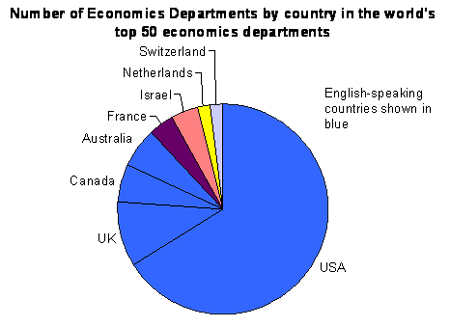A more articulate economist formulates perfectly my most unpopular development argument
 From the wonderful, recently updated book by Paul Seabright, via Greg Mankiw via Peter Gordon:
From the wonderful, recently updated book by Paul Seabright, via Greg Mankiw via Peter Gordon:
Politicians are in charge of the modern economy in much the same way as a sailor is in charge of a small boat in a storm. The consequences of their losing control completely may be catastrophic (as civil war and hyperinflation in parts of the former Soviet empire have recently reminded us), but even while they keep afloat, their influence over the course of events is tiny in comparison with that of the storm around them. We who are their passengers may focus our hopes and fears upon them, and express profound gratitude toward them if we reach harbor safely, but that is chiefly because it seems pointless to thank the storm. (p. 25)
I think Greg is thinking mainly of politicians' responsibility for recession or expansion, but Paul's point was more general -- nobody is really in charge but the economy (usually) works anyway.
In another classic passage from the first chapter titled “nobody’s in charge”, Paul describes buying a shirt and then wonders how it would happen if somebody had to be in charge of providing shirts:
The United Nations would hold conferences on ways to enhance international cooperation in shirt-making…committees of bishops and pop stars would periodically remind us that a shirt on one’s back is a human right. The humanitarian organizations Couturiers sans Frontieres would airlift supplies to sartorially challenged regions of the world…the columns of newspapers would resound with arguments over priorities and needs. In the cacophony I wonder whether I would still have been able to buy my shirt. (p. 18)
We have this terrible tradition in development of leader-worship, in which leaders get credit for any economic success that happens on their watch, and we think development can only happen through the intentional designs of the leaders (advised by us all-knowing development experts). This blog has vainly tried to protest this is all wrong-headed. I'm glad Paul is there to say it better than I can -- read his book!
 From Aid to Equality
From Aid to Equality

